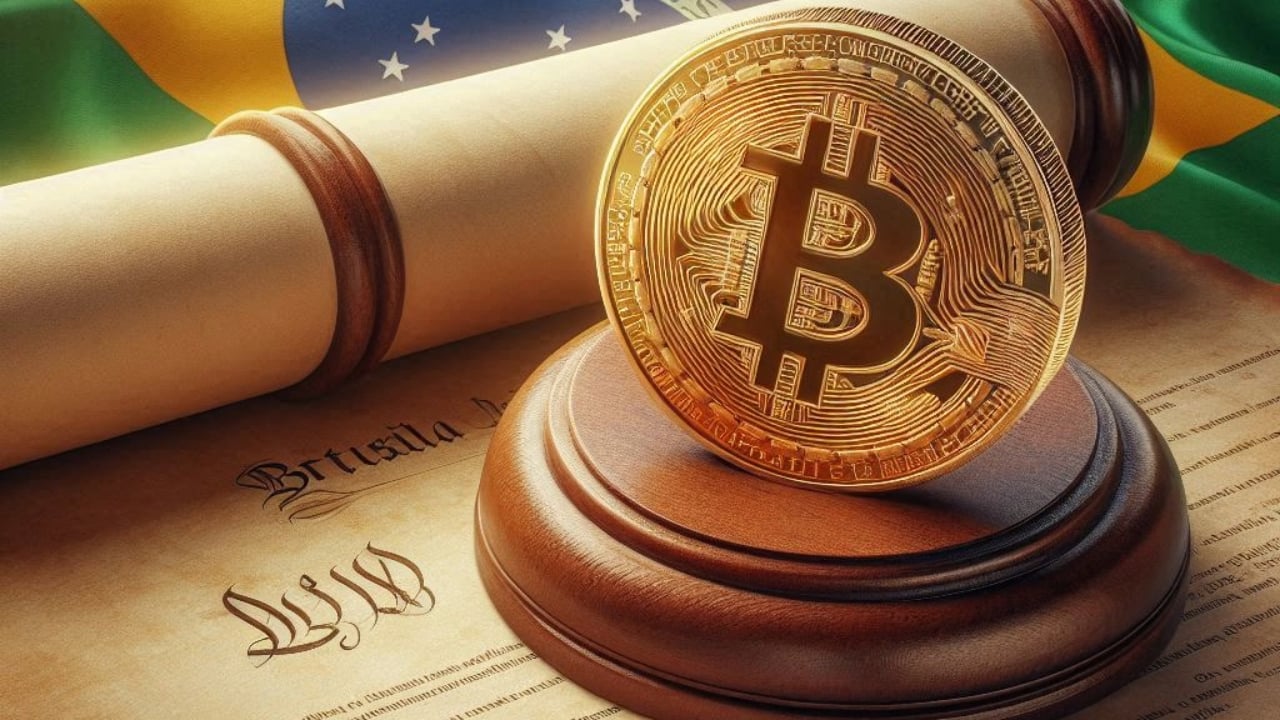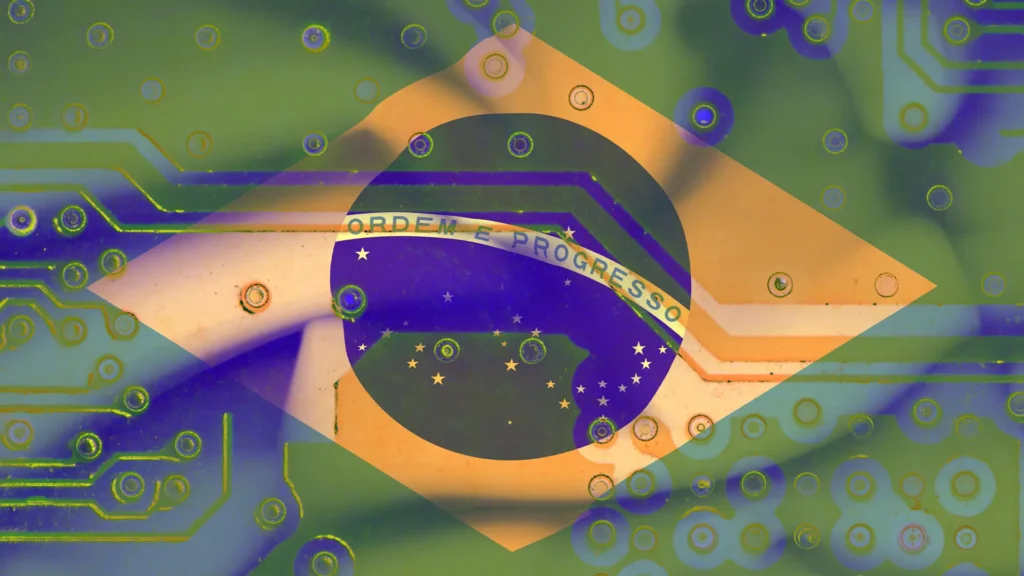Brazil Plans Second Phase of Crypto Regulations by Late 2024, According to Report

Brazil, as G20 President, Prioritizes Global Crypto Regulation Efforts
Brazil, having introduced initial regulations for cryptocurrencies back in 2022, is now poised to unveil a more comprehensive regulatory framework aimed at overseeing the burgeoning crypto sector. Recently, the Central Bank of Brazil announced plans to introduce a detailed set of rules by late 2024, signaling a significant step towards formalizing its approach to Web3 technologies. Notably, Brazil assumed the presidency of the G20 group of nations last year, where the development of globally harmonized crypto regulations ranks among its top priorities.
According to a report from Reuters, Brazilian financial authorities are actively evaluating various use cases within the Web3 ecosystem and assessing their potential implications. This thorough analysis will inform the formulation of new regulatory measures that aim to provide clarity and stability to the crypto industry. The phased rollout of these regulations will afford stakeholders ample time to adapt and ensure compliance with the upcoming requirements.
While specific details of the regulatory framework are yet to be fully disclosed, the Central Bank of Brazil has confirmed its focus on monitoring stablecoins and their roles in facilitating foreign exchange settlements and other payment transactions. This proactive stance reflects Brazil’s commitment to fostering a secure and transparent environment for crypto-related activities while mitigating potential risks associated with digital assets.
The forthcoming regulations are expected to address key aspects such as consumer protection, financial stability, and anti-money laundering measures within the crypto space. By establishing clear guidelines, Brazil aims to enhance regulatory certainty, attract investment, and foster innovation in its rapidly evolving digital economy.

As Brazil prepares to unveil its updated crypto regulations, stakeholders, including businesses and investors, await further details on how these measures will shape the landscape of digital finance in the country. The proactive approach taken by Brazilian authorities underscores their dedication to balancing innovation with regulatory oversight, positioning Brazil as a pivotal player in the global dialogue on crypto regulation.
With the finalization of these regulations anticipated later in 2024, Brazil aims to set a precedent for responsible and forward-thinking governance in the digital asset space, aligning with international standards while accommodating the unique dynamics of its domestic market.
Despite finalising a crypto roadmap for G20 nations to adopt for crypto monitoring under India’s G20 presidency last year, the FSB firmly believes that more legal clarity is directly needed to regulate sensitive sectors like crypto and AI.




















